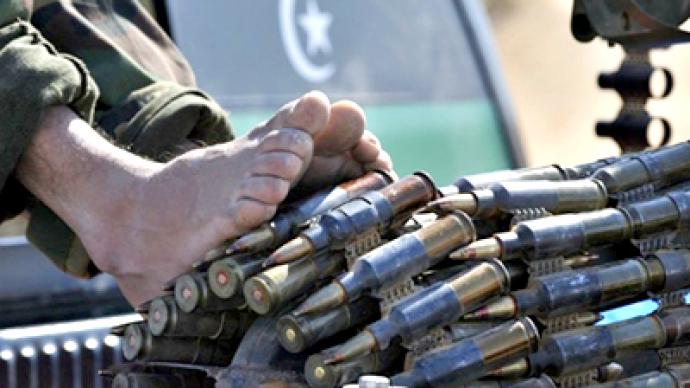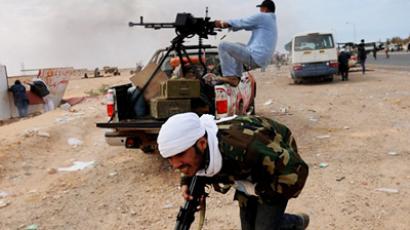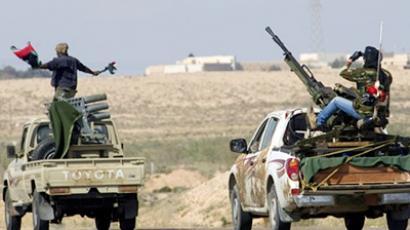British arms sales to Arab states slammed by MPs

Colonel Gaddafi could have used British-made weapons to slaughter hundreds of rebels in Libya. A new report by a parliamentary committee shows the UK had sold Libya almost US$100 million worth of weapons since the start of 2009.
In a joint report on Tuesday, Parliament's Foreign Affairs, Defence, International Development and Business Committees criticized the ministers for failing to properly consider the implications of weapons sales and misjudging the risk of British weapons being used for internal suppression across the Arab world.Export licence approvals since January 2009 include arms sales to 15 regimes in the Middle East and North Africa, including Algeria, Bahrain, Egypt, Syria and Saudi Arabia among others.Following the protests that have swept the region, Britain has revoked about 160 licenses on weapons sales to Libya, Bahrain, Tunisia and Egypt. All arms exports to Bahrain and Yemen have been reviewed and the UK has supported a UN arms embargo on Libya.Oliver Sprague from the international human rights watchdog Amnesty International says those arms sales were clearly wrong and there has been an almost reckless approach to selling arms to what was clearly a very risky destination.“The UK is supposed to have very tough rules that say whether it’s a clear risk that military equipment like crowd-control ammunition, like riot control vehicles that we’ve seen being used in Libya to crush demonstrations. When there’s a clear risk that it’s likely those things would happen, you are not supposed to sell the weapons,” says Sprague. “And it was always clear if you look back at the Amnesty International Reports,” he added.
Kaye Stearman from the Campaign Against the Arms Trade thinks that saying “misjudged the risk of British weapons” is just a nice way of saying “it made a terrible mistake,” and the weapons that are being sold to the region ” could not be used for self-defense but solely for internal repressions." “You don’t sell tear gas for external defense, you don’t sell crowd control technologies for external defense. The only thing these weapons could be used for was internal repression. And the government sold these weapons, not just sold them but promoted these weapons quite aggressively through sales techniques,” says Stearman. “It was quite an aggressive sales drive and they must have known what these weapons were likely to be used for,” she added.














